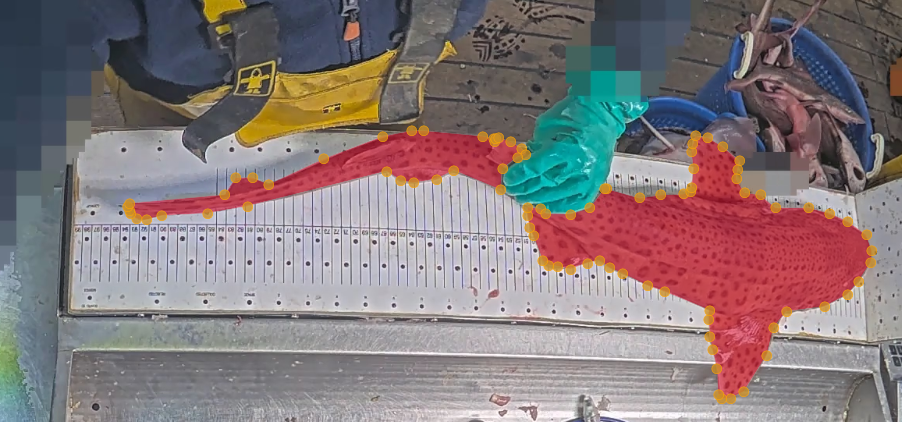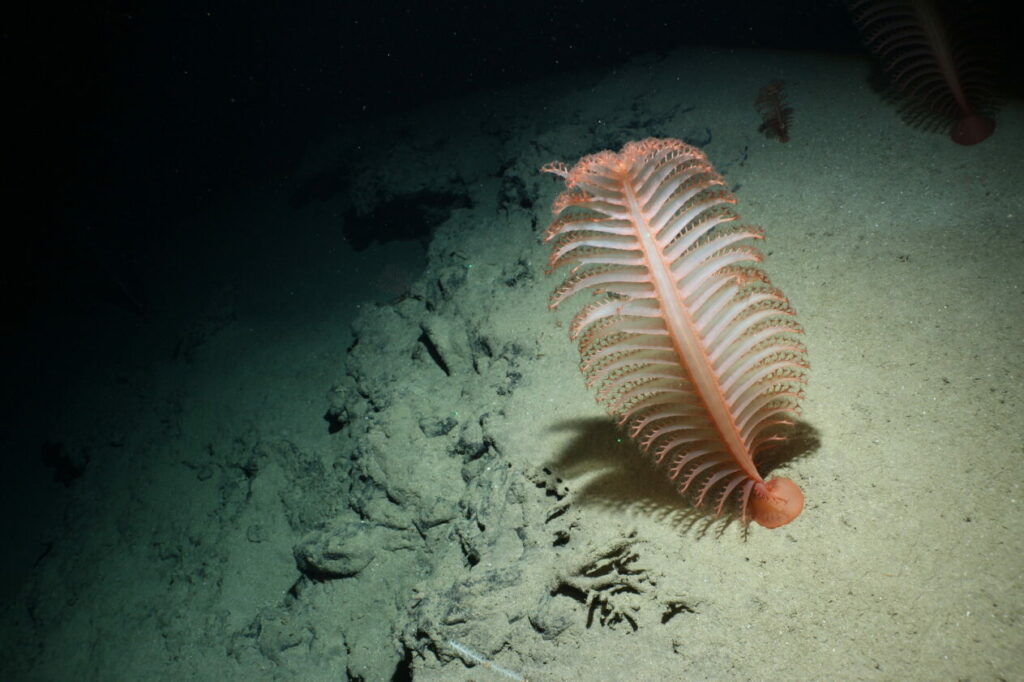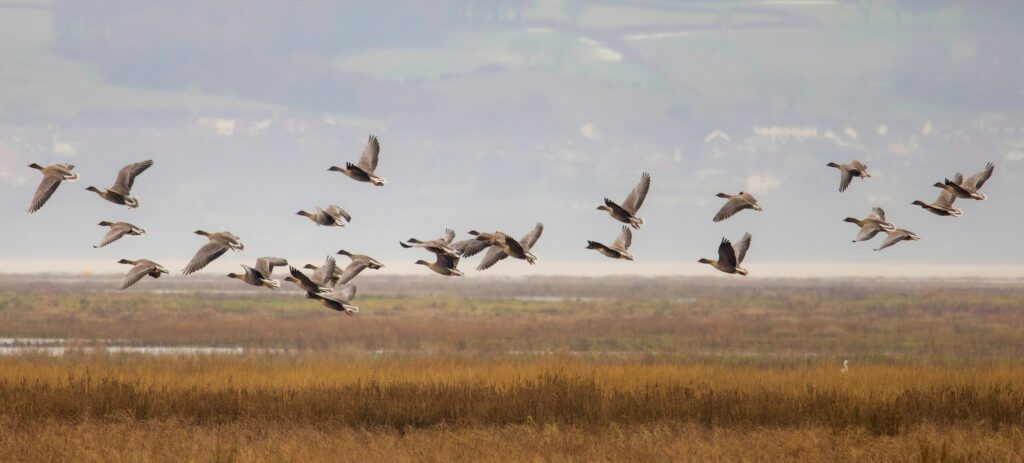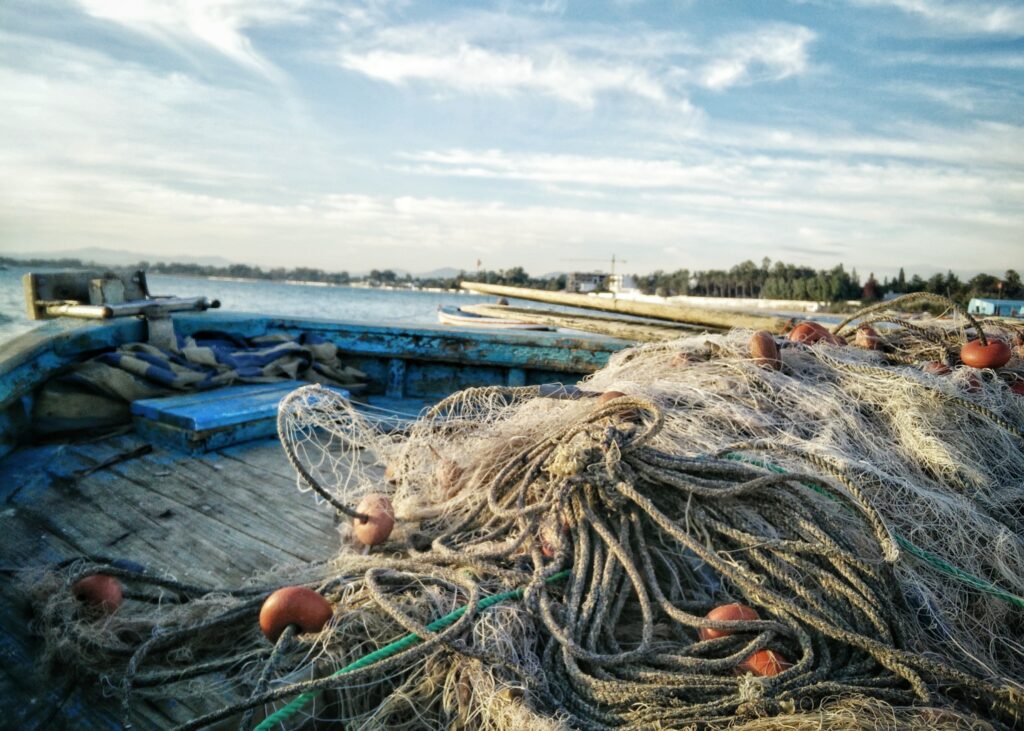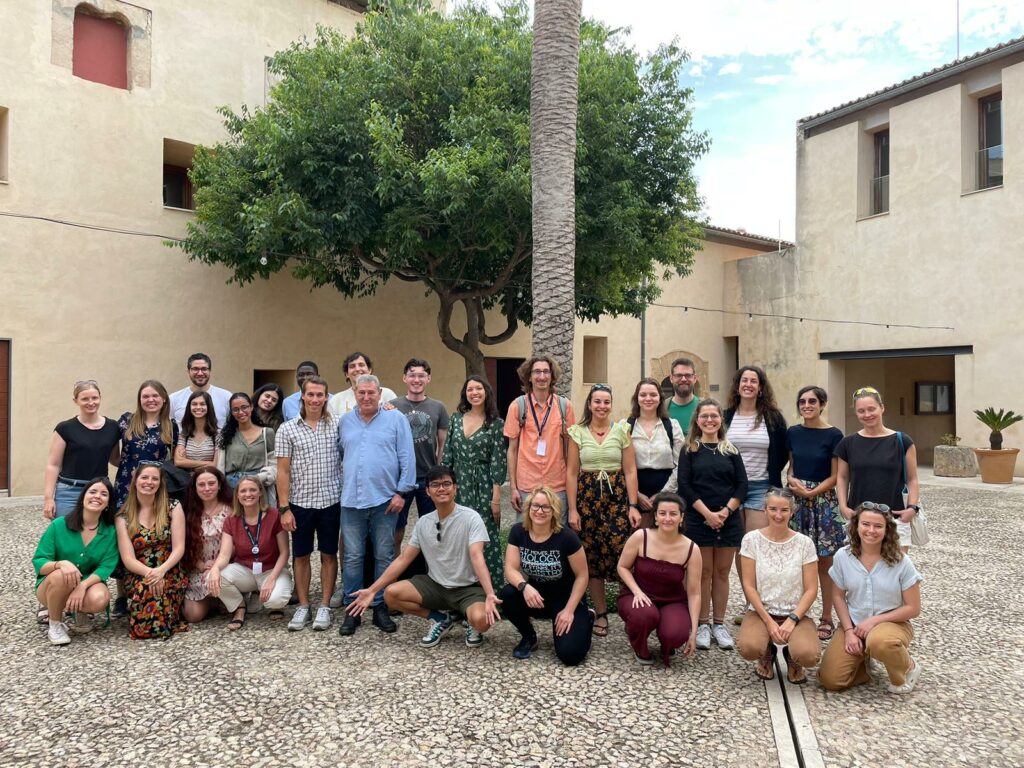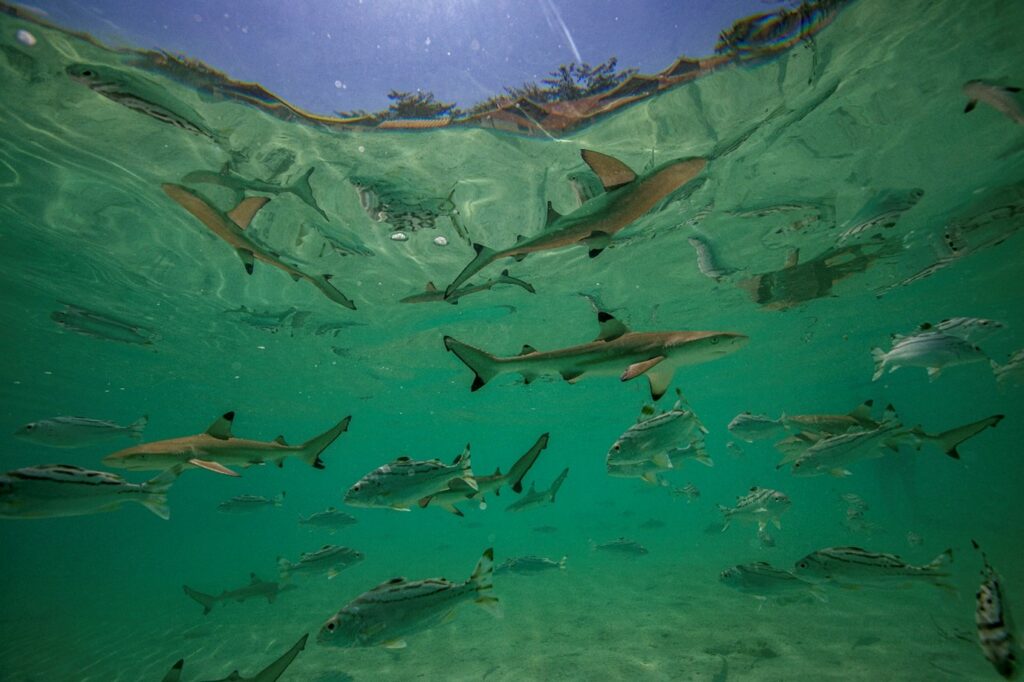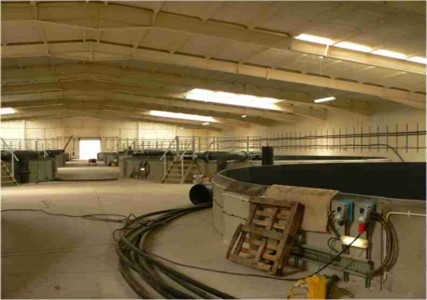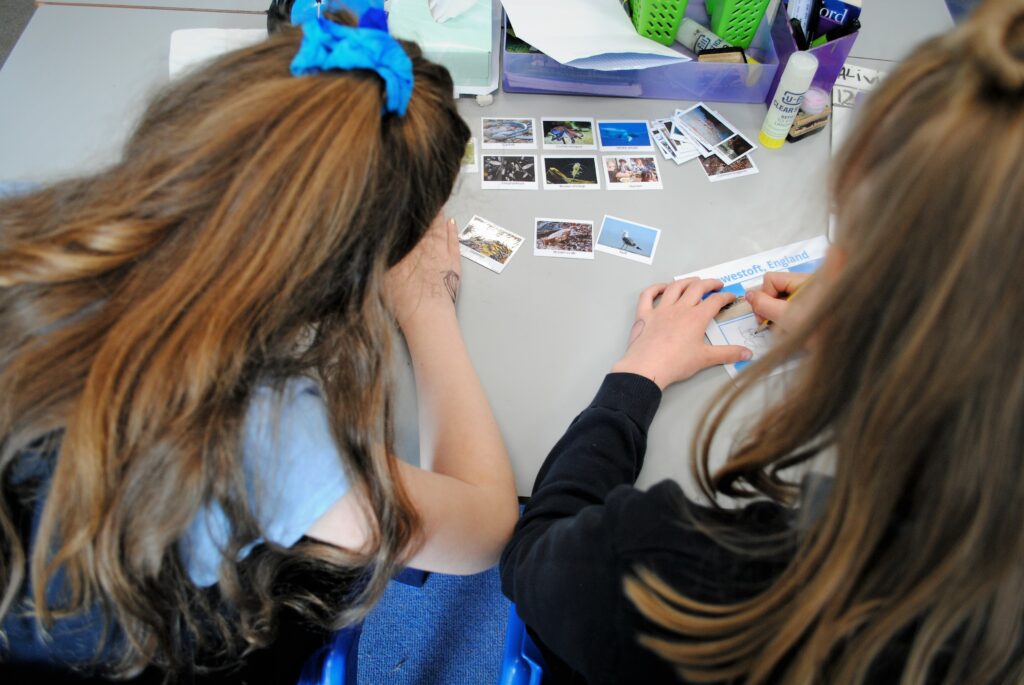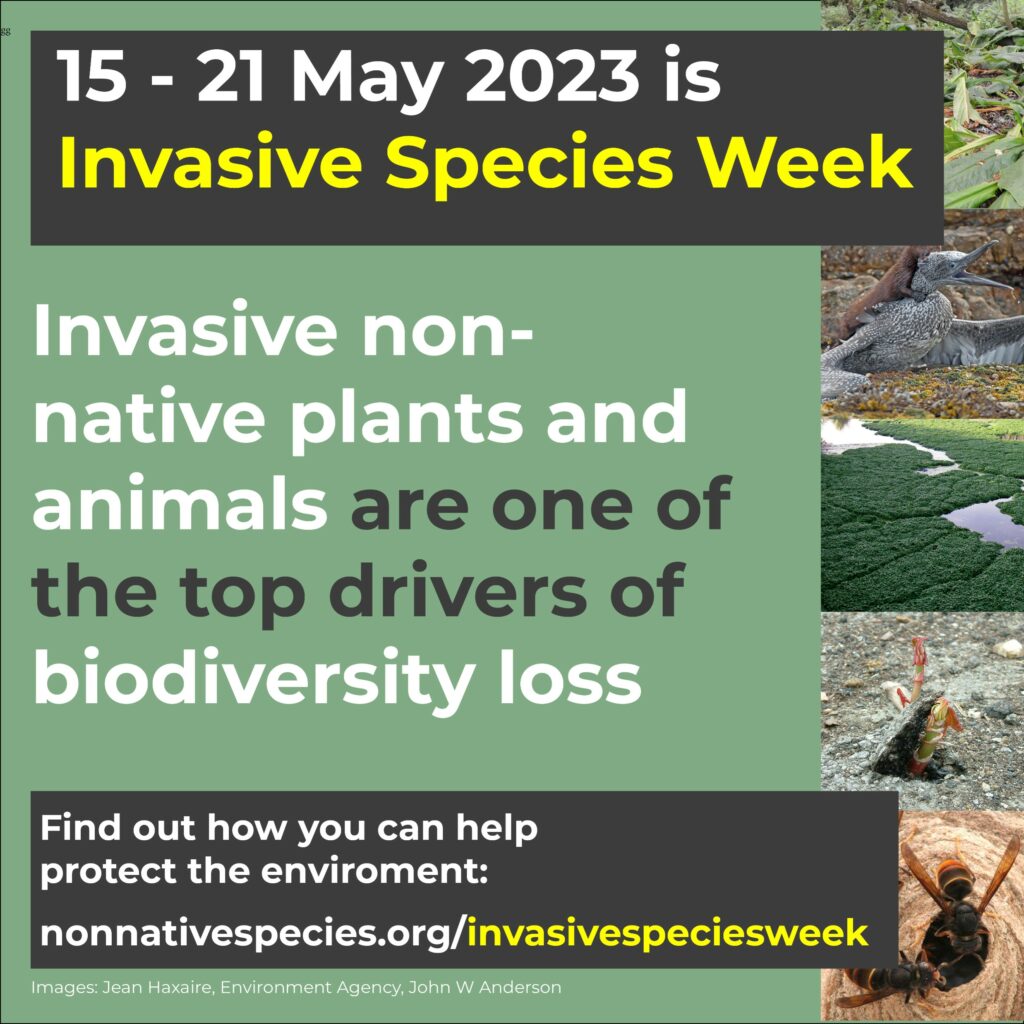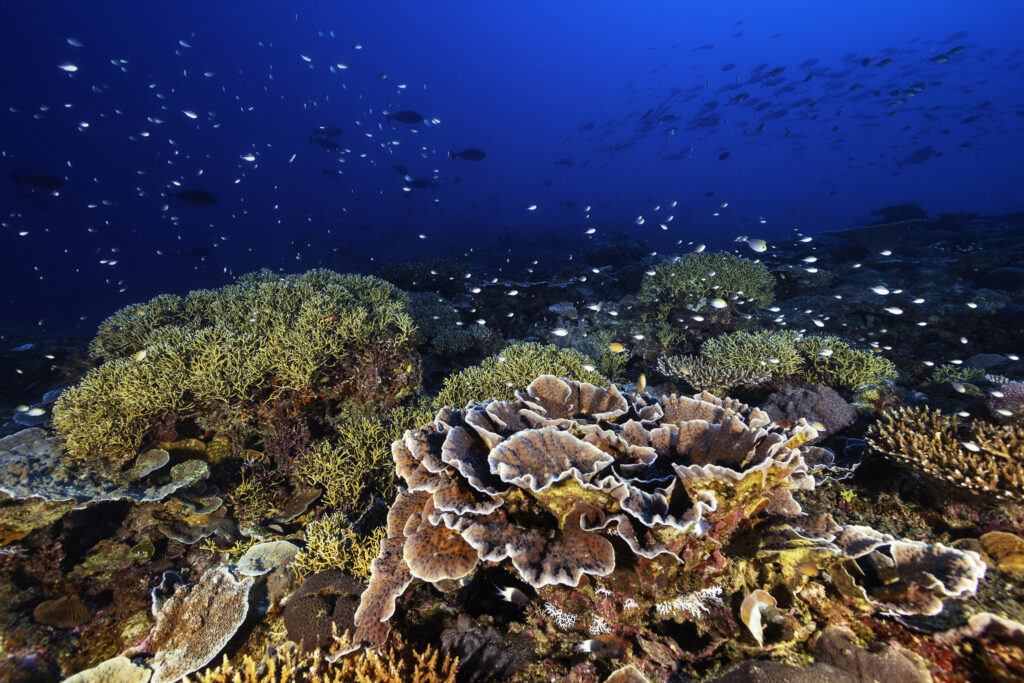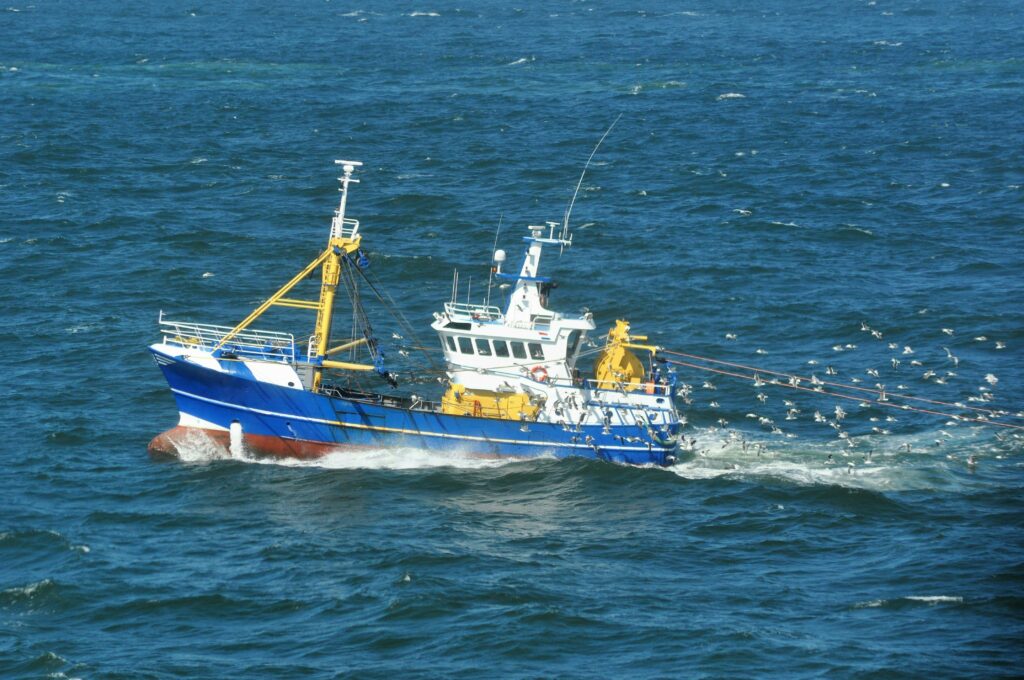Fish on Film: the challenges of using AI to improve sustainable fisheries management
Fish on Film: the challenges of using AI to improve sustainable fisheries management
In January this year, Cefas installed a Remote Electronic Monitoring system on our research vessel, the Cefas Endeavour. Why, you might ask… Do you really need to monitor a vessel that is already doing monitoring? Remote Electronic Monitoring - Let’s …
